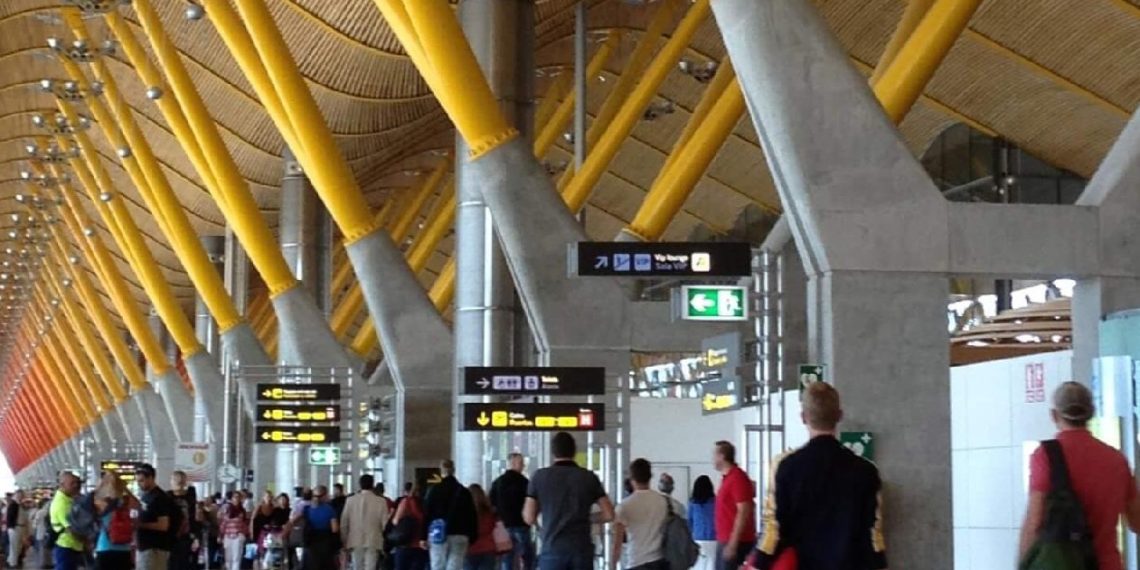Hundreds of asylum-seeking migrants are finding themselves in a desperate situation at Madrid’s Barajas airport, where they are forced to sleep in cramped quarters and deplorable conditions. The Spanish Commission for Refugees (CEAR) has labeled the situation as “unsustainable”, emphasizing the escalating crisis in Spain’s main transport hub.
The plight at Barajas has worsened since the middle of last year, coinciding with a rise in the number of individuals seeking international protection at the airport. CEAR spokesperson, Elena Muñoz, reported that by December 2023, the situation had become dire, with some individuals forced to share mattresses on the floor and facing infestations of insects and cockroaches. The number of people trapped at the airport under these harrowing conditions has reached 400 as of last week.
CEAR acknowledged the severity of the crisis but cited an inability to provide an exact count as of this week, underscoring the complexity and urgency of the situation, as efforts to address the humanitarian crisis at Madrid airport intensify.
In response to the escalating humanitarian crisis at Madrid’s Barajas airport, Spanish authorities have implemented several measures to alleviate the spike in the number of migrants seeking asylum at the airport. Spain’s Foreign Ministry has introduced new transit visa requirements for nationals of certain countries, in a bid to manage the influx of asylum-seekers. Effective January 20, 2024, Kenyan passport holders must obtain a transit visa in advance to pass through Spain en route to their destination country. Similarly, starting from February 19, 2024, Senegalese passport holders will also be subject to this requirement.
The decision comes in light of the surge in asylum claims at Madrid airport and concerns raised by police unions regarding an increasing number of Senegalese passport holders seeking asylum during layovers en route to Brazil. CEAR reports that the majority of migrants affected by the crisis hail from African countries such as Senegal, Mali, Equatorial Guinea, and Morocco, with reports of migrants from Colombia and Venezuela facing similar challenges at the airport, underscoring the diverse origins of those caught in this complex situation. The lack of precise figures only underscores the complexity and urgency of the situation, as efforts to address the humanitarian crisis at Madrid airport intensify.
Still have some travel questions? Ask in our Travel WhatsApp Group.








